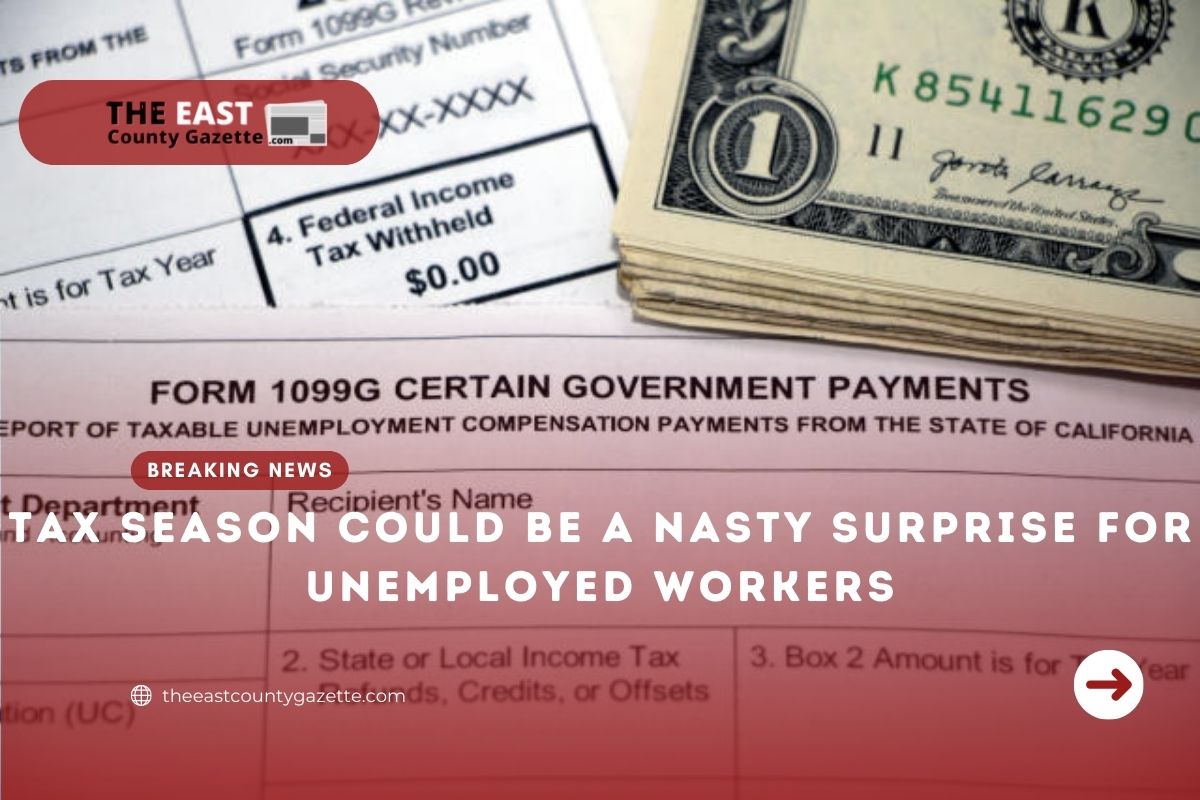The IRS generally requires taxpayers to report jobless benefits as taxable income. In addition to regular unemployment insurance, there are many special unemployment compensation programs passed by Congress during the pandemic.
Workers who got a tax break for the first $10,200 they received in unemployment income in 2020 will likely be surprised by this, especially if their refunds shrink because of the change this year, MSN reported.
“Beyond just people getting unemployment, the amount of unemployment people have gotten and how much they relied on it last year was multiples higher than usual. So many people had $20,000 or $30,000 in unemployment and that was just normal for last year,” Brass Taxes founder Rus Garofalo told Yahoo Money.
“These same individuals got a tax break on the first $10,200 that was a big benefit to folks – that’s no longer available.”
“It feels particularly unjust that you paid into a system, needed help, and when you need help they want a cut out of your help,” Garofalo added.
‘Set Aside Money to Pay Off Unemployment Benefits’
Taxes on unemployment benefits are the same as those on normal wages, but they do not include Social Security or Medicare taxes. Your state should send you a Form 1099-G if you received unemployment compensation last year. You will see here how much you were paid and how much federal taxes were withheld if any.
The tricky part, according to Garofalo, is here. It is true that New York City taxes are not withheld, but New York State taxes can be higher than that and leave you owing, nonetheless, the New York State unemployment is only 2.5% withheld. Therefore, taxpayers who did not withhold may receive a smaller tax refund than expected since they may owe more than they expected.
Read More: Is it possible that winter weather may return to North Texas?
“We had a lot of people owing a little bit or getting a small refund from the IRS if they had withheld taxes from their unemployment, but owing the state often a considerable amount of money,” Garofalo explained.
“Because the state of New York only withholds a very low percentage rate and the city doesn’t withhold at all, we had quite a few people somewhere around a couple of hundred dollars back from the federal government and owing $2,000 to the state and city of New York.”
It is recommended to set aside money to cover unemployment taxes in order to prevent this. Your state or unemployment office will usually allow you to withhold 10% of the unemployment benefit payment for federal taxes.
For those who did not choose voluntary withholding, or who did not withhold enough, the IRS will accept quarterly estimated tax payments.
“The circumstances when you receive unemployment, you’re not in the best state of mind for deciding if you’re going to set aside some of this money for taxes” Garofalo stated.
“It can be hard to make that choice when you need that money now. But when you have to deal with it, it can be quite a significant tax bill if you end up getting anywhere between $10,000 to $30,000 in unemployment.”
Don’t put your tax bill on a credit card if you can’t make a lump sum payment. Garofalo advises starting by paying off state debt first, which has a higher interest rate than federal debt. The federal debt often has a much lower interest rate than state debt, ranging between 3% and 5% depending on the year.
“For the federal government debt, I like to tell people to see it as a nice credit card with a low-interest rate. They’ll give you up to six years to pay off your taxes, as long as you don’t ignore them for a long time,” Garofalo continued.
“They won’t do anything, they just want to get paid, and they are very understaffed so they don’t want to chase you around.”

